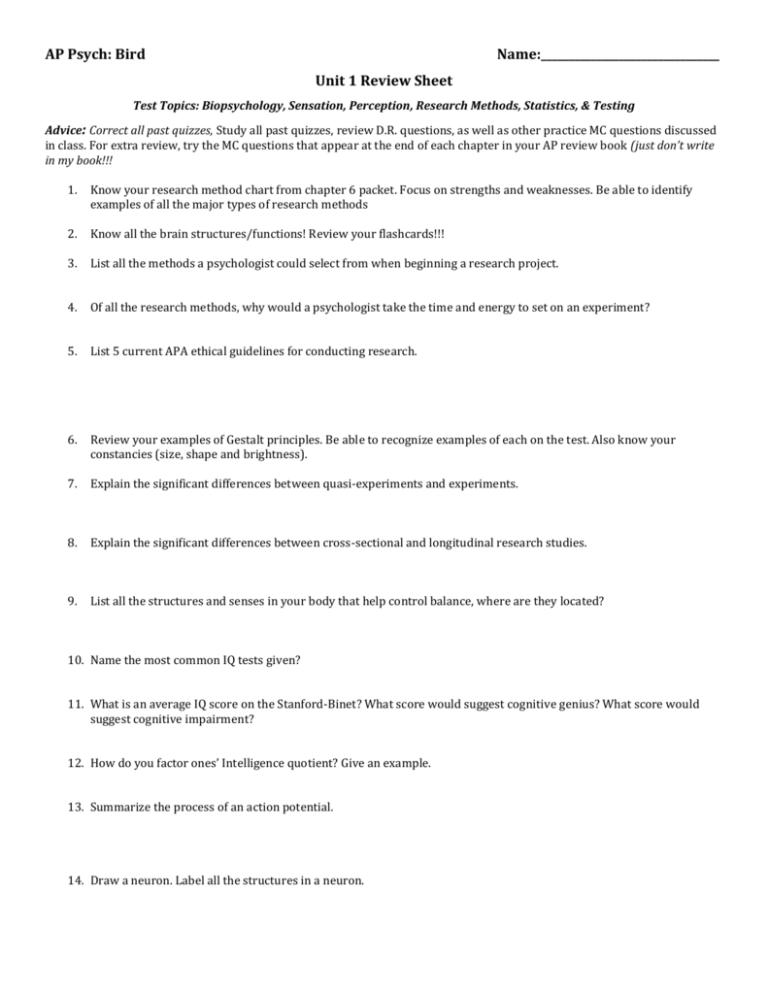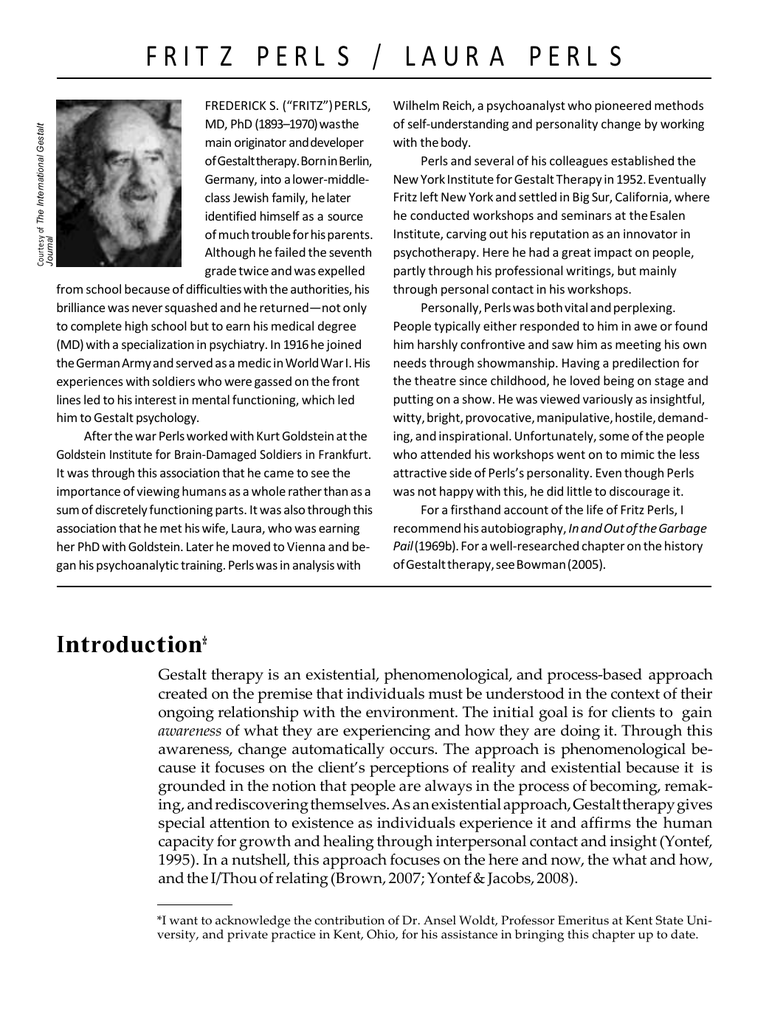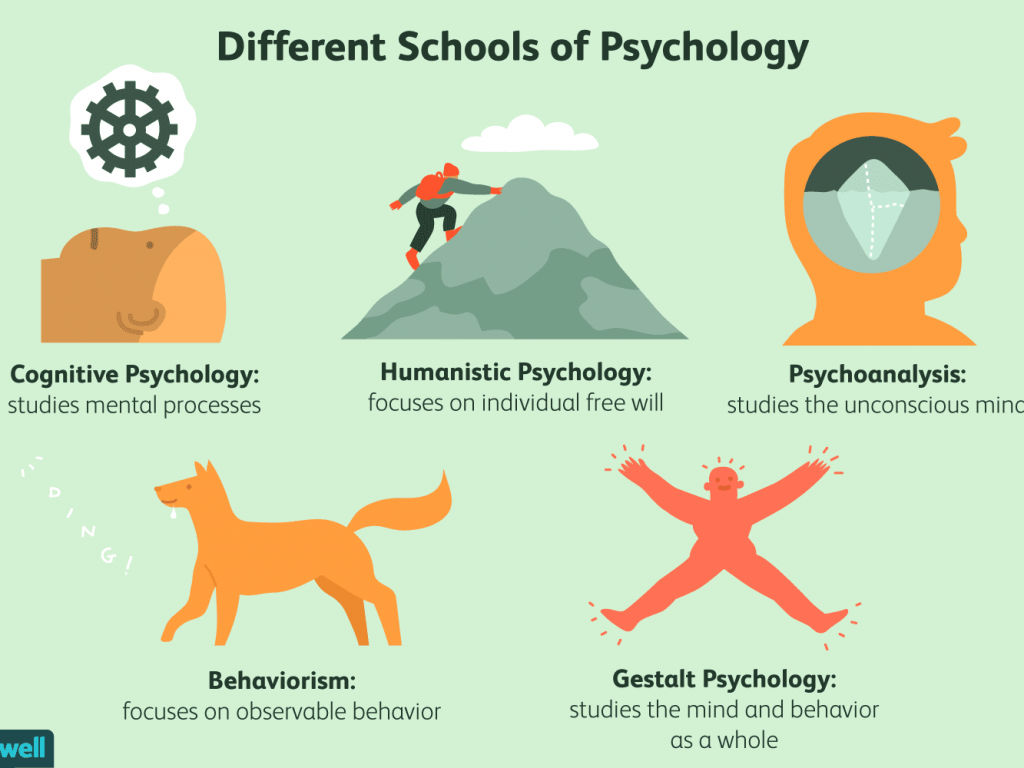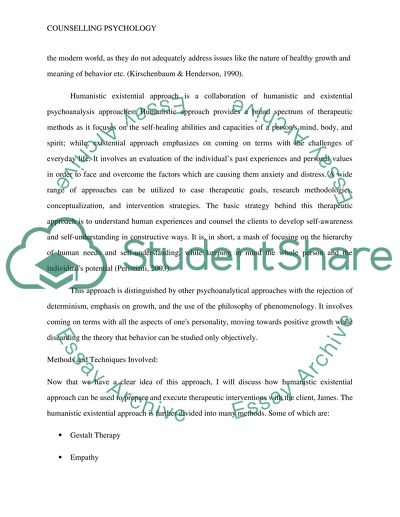Gestalt therapy is a form of psychotherapy that focuses on helping individuals become more aware of their thoughts, feelings, and behaviors in the present moment. It was developed by Fritz Perls, Laura Perls, and Paul Goodman in the 1940s and 1950s and has since become a popular approach to treatment.
One of the strengths of gestalt therapy is its emphasis on the here and now. Rather than focusing on the past or the future, gestalt therapists help their clients focus on their current experiences and the impact they have on their lives. This approach can be particularly helpful for individuals who are stuck in patterns of thinking or behavior that are not serving them well.
Another strength of gestalt therapy is its emphasis on self-exploration and self-awareness. Gestalt therapists encourage their clients to pay attention to their thoughts, feelings, and behaviors in the present moment, and to explore the underlying beliefs and values that drive them. This can help individuals gain insight into their own motivations and behaviors, and can lead to greater self-awareness and self-acceptance.
A third strength of gestalt therapy is its focus on the therapeutic relationship. Gestalt therapists strive to create a safe and supportive environment in which their clients can feel free to express themselves and explore their thoughts and feelings. This can help individuals feel more comfortable and open in therapy, which can facilitate the therapeutic process.
However, gestalt therapy also has some weaknesses that should be considered. One weakness is that it may not be suitable for all individuals. Some people may find the focus on the present moment and self-exploration to be overwhelming or uncomfortable, and may prefer a more structured or directive approach to therapy.
Another weakness of gestalt therapy is that it may not be as well-suited to addressing certain types of issues. For example, individuals with more severe mental health problems or those who have experienced trauma may require more structured or intensive treatment approaches.
Finally, gestalt therapy may not be as widely available as other forms of therapy. While it is a well-respected and effective approach, it may not be offered at all mental health clinics or hospitals, and individuals may need to search more actively to find a gestalt therapist in their area.
In conclusion, gestalt therapy is a valuable approach to treatment that has many strengths, including its emphasis on the here and now, self-exploration and self-awareness, and the therapeutic relationship. However, it may not be suitable for all individuals and may not be as well-suited to addressing certain types of issues. It is also less widely available than some other forms of therapy.







